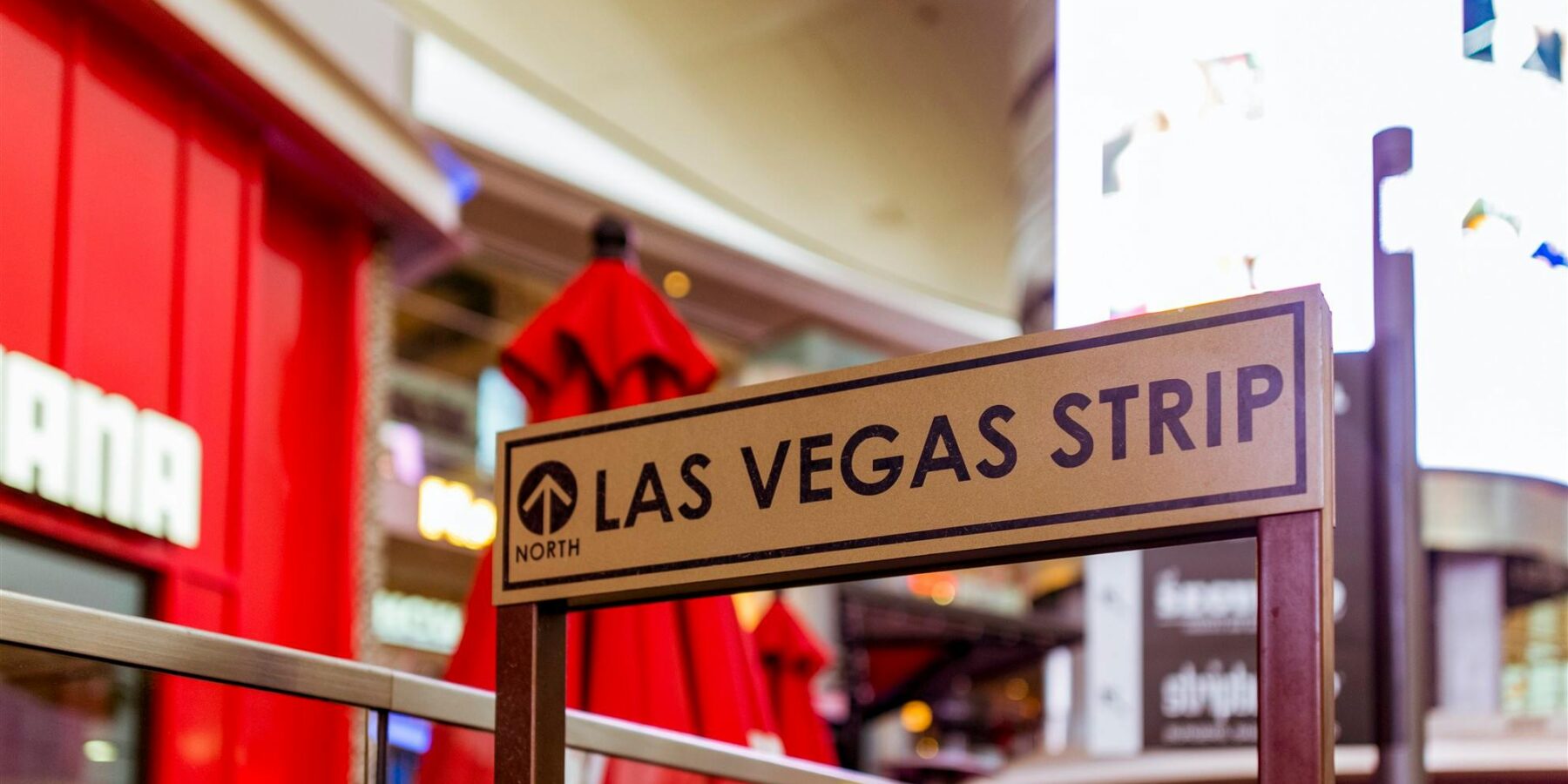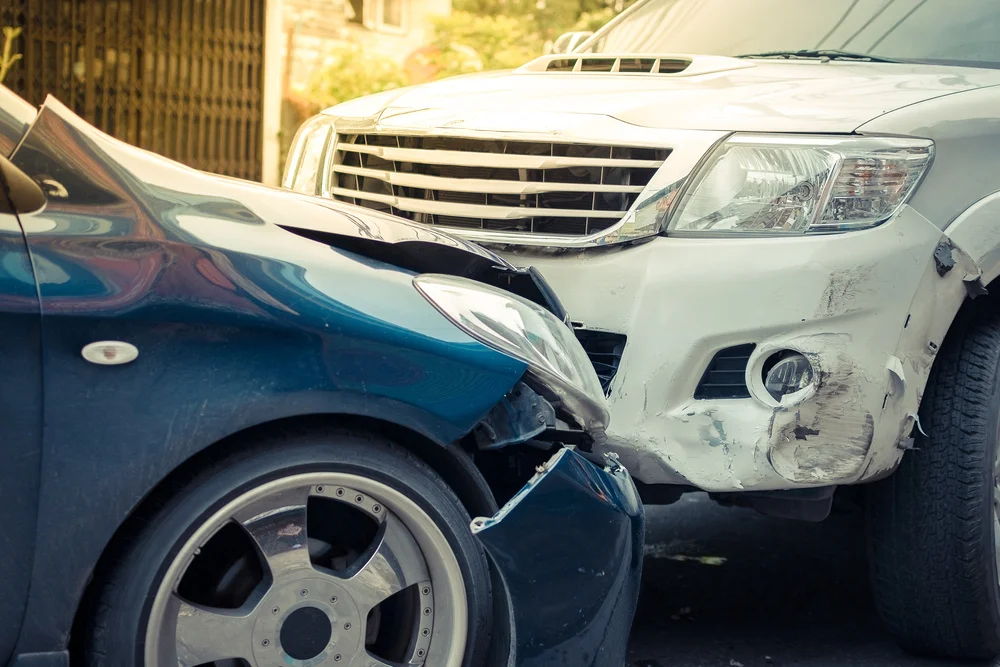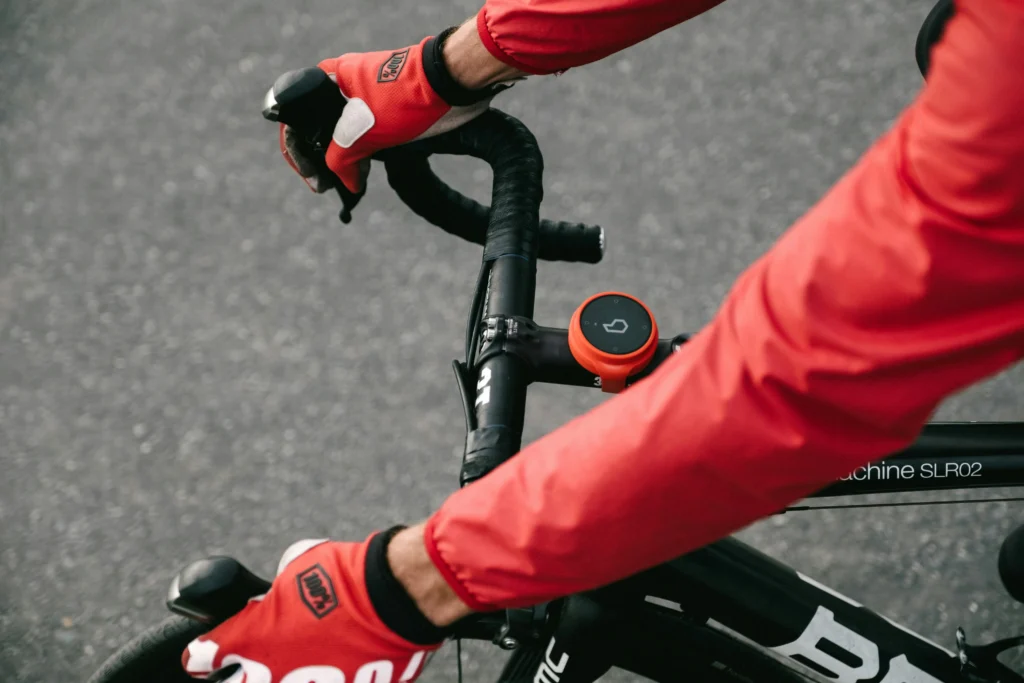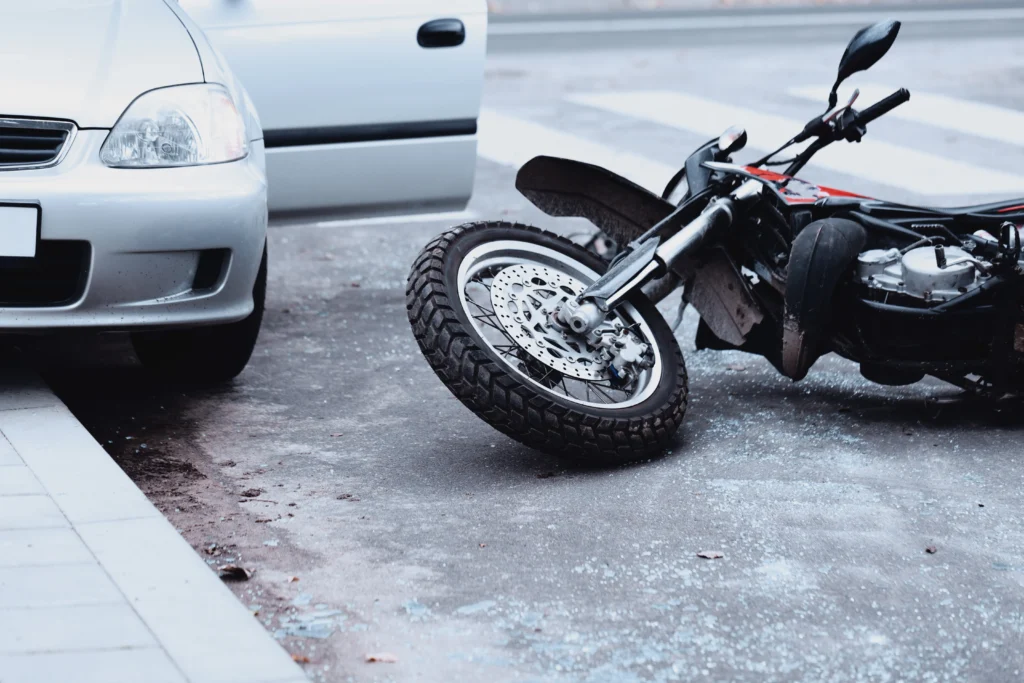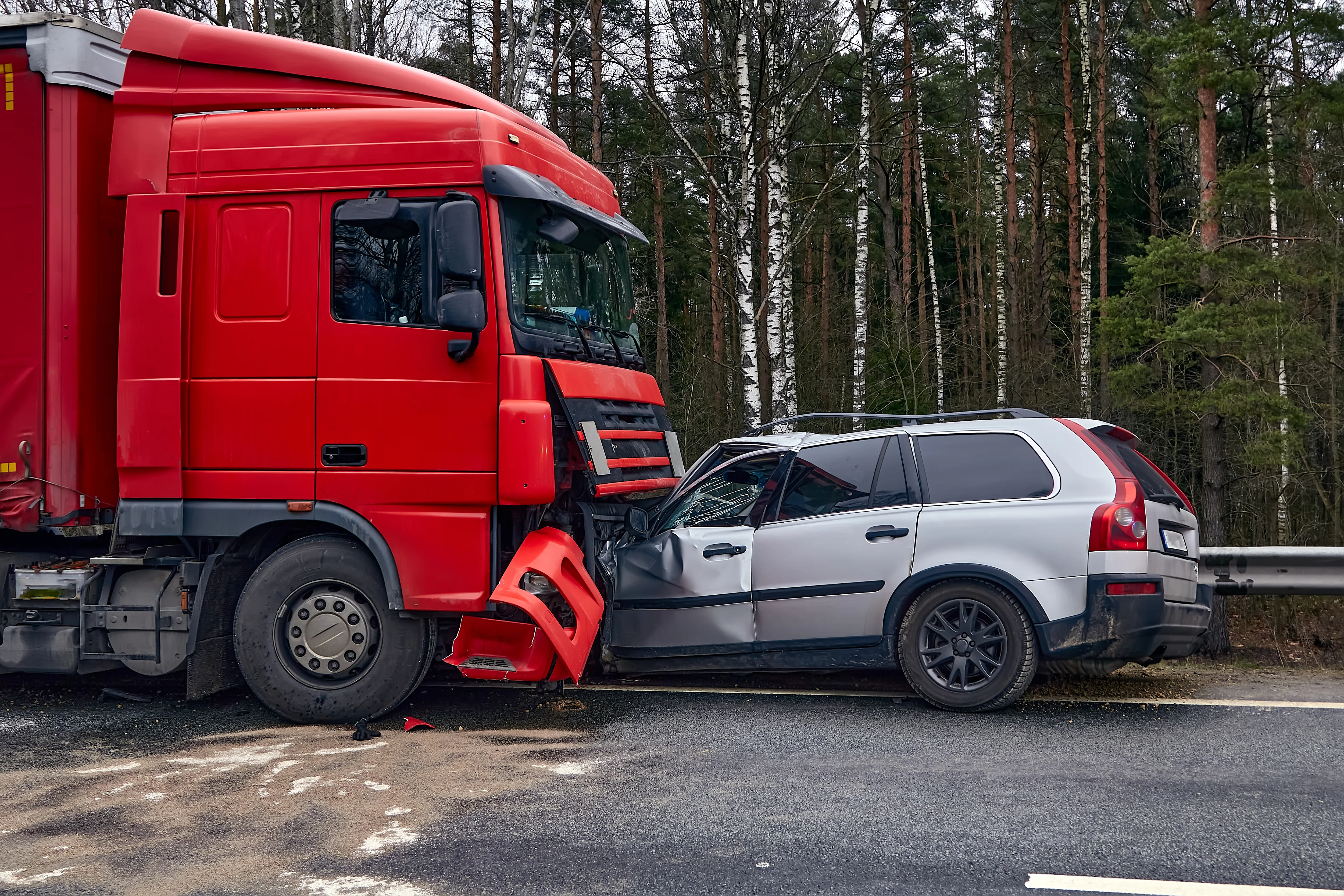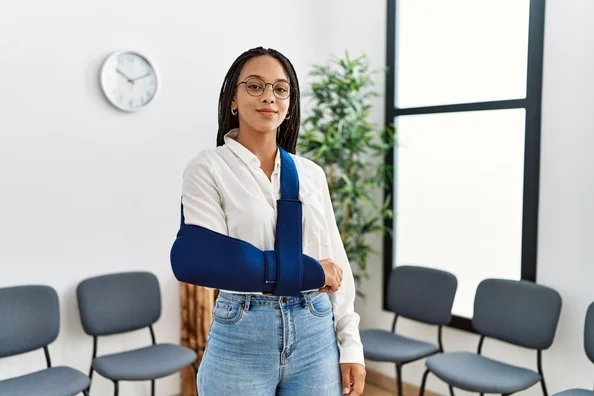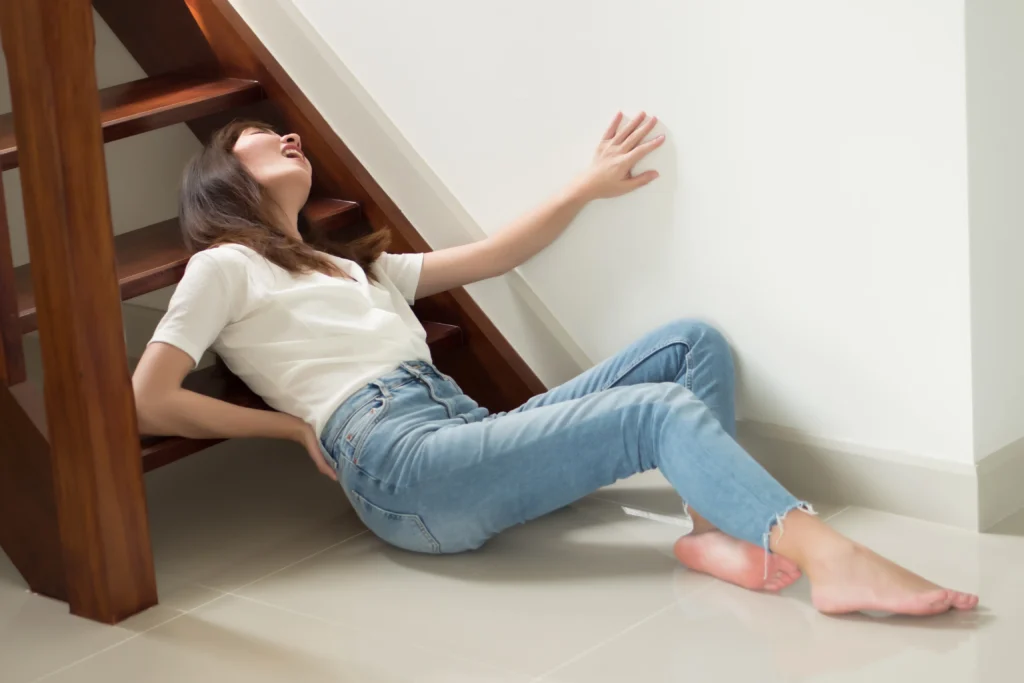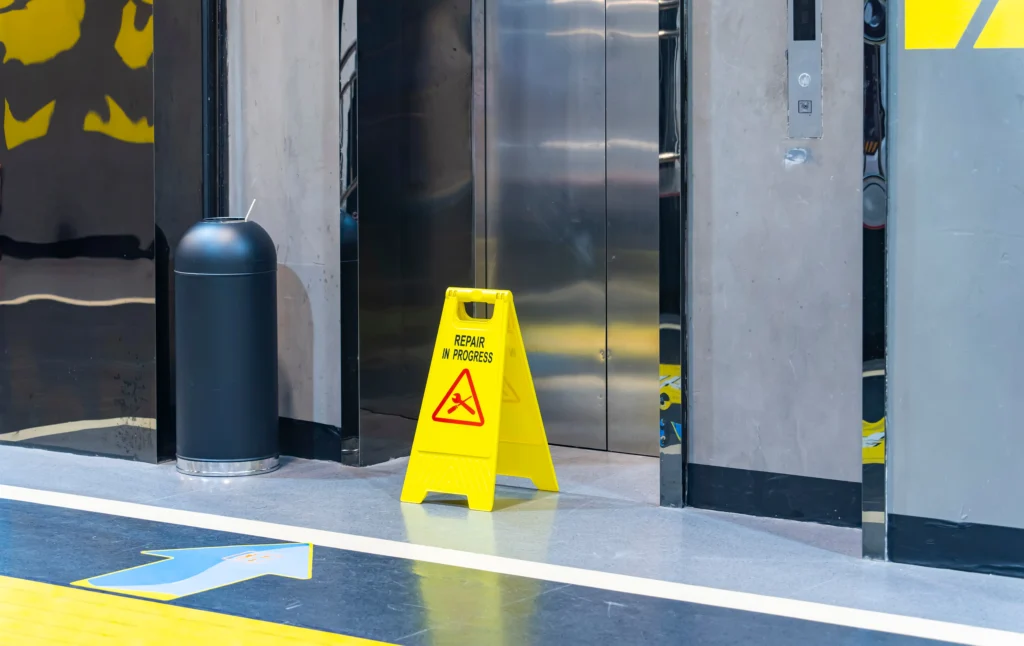Injured at the MGM Grand in Las Vegas? Jerez Law Can Help You Seek Justice
The MGM Grand Hotel & Casino is one of the most well-known resorts on the Las Vegas Strip, offering luxury, entertainment, and constant activity. But when property managers neglect safety protocols, guests can be seriously injured in preventable accidents—turning a vacation or business trip into a painful, costly ordeal. Whether you slipped on a wet casino floor, tripped over an unmarked hazard, or were assaulted in a poorly monitored area, you may have a valid premises liability claim.
Nevada law requires commercial property owners like MGM Resorts International to maintain reasonably safe premises for visitors. When they fail to address known dangers or correct hazardous conditions in a timely manner, they can be held legally accountable. According to the Centers for Disease Control and Prevention (CDC), slip and fall injuries are a leading cause of ER visits in hotel and resort settings—and they often result from negligence that could have been prevented.
At Jerez Law, we fight for victims injured on commercial properties like the MGM Grand. We don’t just go through the motions—we investigate aggressively, preserve vital evidence, and hold corporate property owners accountable for the harm they’ve caused. Our legal team understands the complexities of resort-related injury claims and is ready to pursue the maximum compensation you deserve.
What Types of Premises Liability Cases Can Arise at the MGM Grand Hotel & Casino?
Premises liability claims at large resort properties like the MGM Grand involve more than just slips and falls—they can stem from any condition that puts guests at unreasonable risk. From cracked walkways and malfunctioning elevators to poorly lit parking structures and negligent hotel room maintenance, the risks are everywhere. Jerez Law has experience handling complex injury claims throughout Clark County, and we know how to pinpoint the factors that make the MGM Grand—and its operators—liable.
We’ve handled cases involving a wide range of unsafe conditions, including:
- Slippery marble flooring in lobby areas
- Cracked tiles or uneven steps near restaurants and gaming areas
- Broken railings for stairways in high-traffic corridors
- Assaults due to lack of security near elevators or garage areas
- Elevator or escalator failures in towers and shopping areas
Slip and Fall Accidents at the MGM Grand – A Leading Cause of Hotel Injuries
Slip and fall injuries are among the most common—and costly—accidents reported at large resorts like the MGM Grand. With sprawling marble floors, fast-paced foot traffic, and ever-changing conditions across casino, dining, and recreational areas, it only takes one oversight for a guest to suffer a serious injury. Many of these incidents result in broken bones, concussions, or worse—and they are almost always preventable with proper maintenance and attention to hazards.
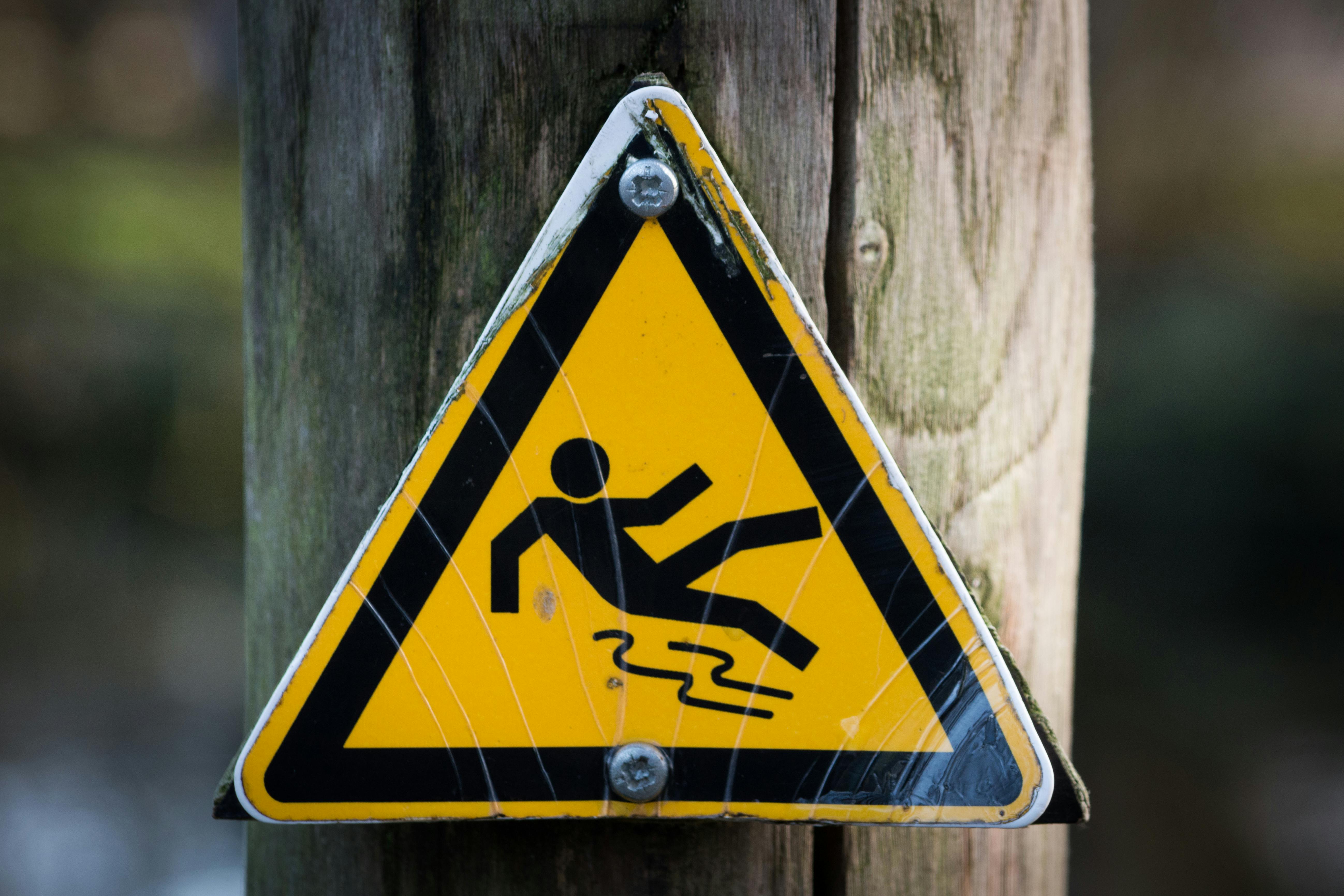
When management fails to clean up spills, secure carpets, or post clear warning signage, the responsibility for guest injuries often falls on the property owner. According to the National Safety Council (NSC), falls are the second-leading cause of unintentional injury deaths in the United States, and they frequently occur in commercial spaces like hotels. At Jerez Law, we hold resort operators like MGM Resorts International accountable for failing to keep their property safe. We investigate the cause of your fall, gather video footage and witness statements, and build a compelling case for compensation.
Where Do Slip and Fall Accidents Commonly Occur at MGM Grand?
The MGM Grand spans multiple towers, casino areas, and entertainment spaces, each with different risks. From the glistening casino floors to outdoor pool decks and dimly lit parking garages, slip and fall hazards are everywhere. While these areas may appear clean or well-maintained on the surface, one hidden puddle or uneven tile can quickly lead to disaster.
Casino Floors
Highly polished flooring combined with drink service and high foot traffic creates a constant slipping hazard.
- Spills from drinks or unattended cleaning solutions
- Loose carpeting or worn mats near gaming areas
- Distractions that prevent guests from seeing obstructions
Hotel Lobbies and Guest Room Corridors
Main walkways see thousands of visitors daily, and poor lighting or slick surfaces contribute to many reported injuries.
- Recently mopped floors with no warning signs
- Elevators that open onto wet or worn tile
- Suitcase wheels catching on uneven carpeting
Resort Pool Decks
Pool areas are one of the highest-risk zones due to the presence of standing water and guests walking barefoot.
- Slippery tiles with little grip
- Water left puddling from high guest volume
- Lack of non-slip mats or drainage around pool entrances
Valet Areas and Parking Garages
Exterior walkways and covered garage areas often suffer from neglect, especially after rain or in poorly lit conditions.
- Oil or grease on concrete surfaces
- Uneven curbs, cracked pavement, or lack of ramps
- Tripping hazards near valet stations or loading zones
Restaurants and Buffets
Food and beverage areas present constant fall risks due to spills, crumbs, and slippery floor polish.
- Buffet spills near food stations
- Leaking drink dispensers or water fountains
- Waitstaff dropping or tracking debris without cleanup
Retail Shops and Spa Facilities
Specialty shops and spa areas are often overlooked by cleaning crews and may use decorative flooring prone to accidents.
- Polished floors without traction mats
- Oils, lotions, or hair product residue in spa corridors
- Display items placed in narrow walkways without visibility
Common Causes of Slips, Trips, and Falls at the MGM Grand
A slip and fall accident is rarely just “an accident.” In most cases, the incident is a direct result of a hazardous condition that was ignored, underestimated, or improperly handled by hotel staff. At a massive property like the MGM Grand, it’s the resort operator’s responsibility to conduct regular inspections, clean up hazards promptly, and warn guests of known dangers. When they fail to do so, they may be held legally liable under Nevada premises liability laws.
Most fall-related injuries at the MGM Grand are caused by:
- Wet or slippery floors without posted signage
- Recently mopped surfaces in high-traffic areas
- Uneven flooring, cracked tiles, or curled carpet edges
- Spilled drinks, food, or cleaning solutions left unattended
- Inadequate lighting in hallways, stairwells, or exterior walkways
- Faulty stair rails, ramps, or elevators that don’t align properly
At Jerez Law, we know what to look for—and how to prove it. We gather surveillance footage, inspection logs, and staff incident reports to show that the fall wasn’t your fault—it was the result of negligence.
Establishing Liability After Slip and Fall Accidents at the MGM Grand
Establishing liability in a premises liability case against a high-profile resort like the MGM Grand requires more than proving you slipped—it requires proving negligence under Nevada law. Under Nevada Revised Statutes (NRS) 41.130, property owners can be held legally responsible for injuries caused by their failure to maintain safe premises. This duty extends to guests, patrons, and anyone lawfully on the property. At a large venue like the MGM Grand, where thousands pass through daily, proper upkeep and safety precautions are not just good practice—they’re a legal requirement.
At Jerez Law, we represent victims who’ve been injured because MGM Resorts failed to fix, warn of, or inspect dangerous conditions in time. Whether it was a wet casino floor with no warning sign or a broken step left unattended near a stairwell, our legal team has the tools to gather evidence, identify the breakdown in protocol, and pursue a full financial recovery on your behalf.
Proving That a Dangerous Condition Existed
Every successful slip and fall case starts with demonstrating that a specific hazardous condition existed on MGM Grand property at the time of your accident. This could be a puddle of water, a cracked tile, loose carpeting, or any other condition that created an unreasonable risk of harm to guests.
At Jerez Law, we prove this by:
- Requesting and analyzing security camera footage of the scene
- Taking photos of the hazard immediately after the fall, if available
- Interviewing nearby witnesses or staff members who observed the hazard
- Identifying previous incidents or maintenance complaints tied to the same area
According to Nevada law, liability applies if the condition created a foreseeable risk and the property owner failed to take reasonable action to prevent harm. We ensure that these facts are carefully documented and supported.
Demonstrating That MGM Grand Knew—or Should Have Known—About the Hazard
Nevada courts recognize what’s called “constructive notice,” which means MGM Grand could still be liable even if they didn’t directly cause the hazard, as long as they should have reasonably known about it. This is a cornerstone of premises liability under Nevada’s pattern jury instructions for negligence.
We show notice and knowledge by:
- Obtaining hotel cleaning and safety inspection logs
- Demonstrating that the hazard existed long enough to be noticed by staff
- Presenting testimony from employees or maintenance workers
- Showing industry standards for safety that were ignored or delayed
If the MGM Grand had policies in place but failed to enforce them—or allowed long intervals between inspections—this failure may support your injury claim.
Proving Failure to Warn or Correct the Dangerous Condition
Under NRS 41.130 and related doctrines, property owners are required not only to inspect and repair hazards—but also to warn guests of danger that cannot be immediately fixed. If MGM Grand failed to use caution signs, cones, tape, or employee direction to notify guests of a hazard, this is a breach of duty under Nevada law.
Types of failures we investigate include:
- Wet floors without visible “Caution” signs
- Maintenance zones left unmarked or unblocked
- Poorly lit stairwells, ramps, or corridors with no hazard signage
- Inadequate training of staff on how to identify and communicate risks
These omissions not only violate the standard of care but also create a stronger case for gross negligence if they occur repeatedly.
Linking the Hazard Directly to Your Injuries
The final and most critical step is proving that the hazardous condition was the direct cause of your injuries—and not due to some unrelated or preexisting issue. Nevada law permits full recovery of damages when causation is clearly established, and the injury is verifiable and well-documented.
Jerez Law does this by:
- Coordinating with doctors and specialists to issue medical reports
- Collecting emergency room documentation and diagnostic imaging (MRIs, CT scans, etc.)
- Consulting with expert witnesses to confirm injury mechanism
- Proving that your injuries are consistent with the type and location of your fall
Our team compiles a comprehensive record that traces your injury from the moment of the fall through your ongoing treatment—leaving no room for doubt.
If you’ve suffered a slip and fall at the MGM Grand, don’t let corporate defense teams or insurance adjusters minimize your claim. Jerez Law is ready to take the legal pressure off your shoulders and build a case that shows exactly where the resort failed—and what they owe you for that failure.
Negligent Security at MGM Grand – When the Resort Fails to Protect Guests
When guests check into the MGM Grand, they expect more than luxury—they expect safety. But in a large, high-traffic resort with thousands of visitors each day, poor security can turn a routine stay into a dangerous, even life-threatening experience. Whether it’s inadequate lighting in parking garages, lack of staff near secluded corridors, or security camera failures, MGM Grand and its parent company, MGM Resorts International, have a duty to protect guests from foreseeable harm.
Under Nevada law (NRS 651.015), hotel operators can be held liable for failing to exercise reasonable care in protecting patrons from criminal activity on their premises—especially when previous incidents suggest a heightened risk. At Jerez Law, we represent victims who were assaulted, robbed, or harmed due to inadequate resort security. We know how to hold corporate entities accountable when their failures allow criminal activity to occur under their watch.
Inadequate Security Personnel and Patrol Presence
Large resorts like the MGM Grand should have security officers stationed throughout the property—especially near high-risk areas like parking structures, stairwells, and entrances. But in many cases, staffing is sparse, slow to respond, or focused only on internal loss prevention rather than guest safety.
Security staffing failures may include:
- No visible security near elevators or guest corridors
- Delayed or no response to emergency calls or disturbances
- Understaffed shifts during concerts, events, or peak tourism periods
- Untrained guards unable to de-escalate or handle threats
Our investigations often reveal that the resort was understaffed or underprepared—creating an environment where crime could flourish without resistance.
Poor Lighting in Parking Garages and Public Walkways
Dim lighting is a frequent factor in both falls and violent crime. Parking structures, rear exits, and external walkways must be well-lit and monitored to prevent ambush-style attacks or accidents. When MGM Grand fails to maintain safe lighting levels, they may be held liable for crimes or injuries that result.
Lighting-related security hazards include:
- Burned-out bulbs in garage levels or stairwells
- Failure to inspect and maintain light fixtures
- Poor visibility in hallways near hotel towers or service entrances
- No lighting in emergency stairwells or connecting walkways
The U.S. Department of Justice highlights the importance of Crime Prevention Through Environmental Design (CPTED), which emphasizes lighting as a cornerstone of property security.
Non-Functional or Unmonitored Surveillance Cameras
Video surveillance plays a critical role in both deterring crime and supporting investigations when incidents occur. But cameras are only useful if they are functional, strategically placed, and properly monitored. Many large resorts operate outdated or poorly maintained systems that fail when guests need them most.
Common security camera failures include:
- Cameras blocked by signage or decor
- Non-functioning systems due to poor maintenance
- No live monitoring by security staff
- Failure to retain footage beyond a few days—making it inaccessible during a claim
At Jerez Law, we subpoena all surveillance records and check system audits to determine whether video evidence was available but ignored or erased.
Failure to Address Known Criminal Activity or Threats
If the MGM Grand had prior knowledge of criminal activity—either on their property or in the surrounding area—but failed to take action, they may be found grossly negligent. This includes ignoring patterns of assault, theft, or guest complaints that should have triggered a security response.
Red flags we investigate include:
- Reports of similar incidents in the same area within the resort
- Ignored calls or security alerts from hotel guests
- Police records showing prior criminal activity tied to the location
- Resort policy changes or warnings that were implemented too late
Nevada’s premises liability law requires action when there is foreseeable risk—meaning the resort must act proactively, not reactively, when guest safety is at stake.
If you or someone you love was injured due to negligent security at the MGM Grand, Jerez Law is ready to help. We move quickly to secure footage, document failures, and hold resort operators accountable for putting your safety at risk. No one should suffer because a world-class resort cuts corners on protection.
Establishing Liability for Negligent Security at the MGM Grand
When a guest is assaulted, robbed, or seriously injured at a hotel like the MGM Grand, most people instinctively ask, “Where was security?” That question is more than just emotional—it’s legal. Establishing liability for negligent security isn’t about assigning blame after the fact; it’s about showing that MGM Resorts International failed to implement the kind of protections that would have stopped the harm from happening in the first place.
At Jerez Law, we don’t approach these cases with generic language. We dissect them. We analyze security protocol breakdowns, compare staffing schedules, review footage placement, and assess whether the resort followed national security standards for commercial properties of its size and exposure level. Liability in these cases depends on one key principle: foreseeability. If the MGM Grand had reason to anticipate a criminal act—and failed to act on that knowledge—they may be held responsible.
Proving the Threat Was Predictable
The first hurdle is showing that the resort knew—or should have known—that the guest was at risk. This doesn’t mean a crime had to happen in the same hallway last week. Foreseeability is based on prior incidents, location risk, guest volume, and the type of business being conducted.
Evidence we gather to establish foreseeability includes:
- Las Vegas Metro Police reports of prior criminal activity on or near MGM Grand property
- Internal incident logs or guest complaints filed with security or front desk staff
- Event schedules showing unusually high guest counts with minimal added security
- Documentation of high-risk areas with no corrective measures implemented
If the hotel had been warned or previously responded to similar events and failed to adjust their practices, they opened the door to liability.
Analyzing the Security Infrastructure Itself
We go beyond basic claims. Our legal team evaluates the property layout, camera coverage gaps, staffing ratios, and the location of security personnel at the time of the incident. We examine whether the resort’s setup made it easier for the crime to happen—which can show a direct failure in operational design.
Key infrastructure flaws may include:
- Surveillance cameras pointed at cash registers, but not at guest hallways or parking entrances
- Emergency buttons placed out of reach or in non-functional condition
- Understaffed shifts that left key areas unmonitored for long periods
- Architectural blind spots with no lighting, no patrol, and no signage
MGM Grand has the resources to implement elite-level security. If they chose not to, that decision may directly link them to your injuries.
Showing a Clear Connection Between Their Lapse and Your Harm
Even if risk existed and security was weak, we still need to tie that lapse directly to what happened. Jerez Law does this by working with former hotel security professionals, expert witnesses, and video forensic teams to connect the breakdown in safety to the physical injury or trauma suffered by the guest.
We prove causation by:
- Using timestamped surveillance (or its absence) to show a window of vulnerability
- Interviewing employees about what they saw—or were trained not to act on
- Using expert testimony to explain how standard industry protocols would have prevented the attack
- Demonstrating that no intervention occurred when it could have
Resorts like the MGM Grand benefit from your trust. When that trust is violated by inadequate security measures, it’s not just negligence—it’s corporate misconduct, and we’re here to expose it.
Dangerous Stairways, Escalators, and Walkways at MGM Grand
The MGM Grand is one of the largest hotels in Las Vegas, and with that size comes constant guest movement through stairwells, escalators, and long interior walkways. These areas are designed to move thousands of people efficiently—but when they’re not properly maintained, inspected, or designed, they can become dangerous. Broken handrails, uneven stair edges, malfunctioning escalators, and poor lighting can turn a simple trip from your room to the pool into a painful, life-changing accident.
Under Nevada Administrative Code § 618.500, all walking surfaces, stairways, and passageways must be maintained in a condition that does not pose a risk of injury. When hotel operators like MGM Resorts fail to uphold this standard, they may be liable for injuries caused by falls, entrapments, and mechanical failures. At Jerez Law, we take swift legal action to hold property owners accountable for unsafe pathways, mechanical defects, and structural hazards.
Unsafe or Defective Stairways
Guests at the MGM Grand frequently use stairways that connect towers, parking levels, restaurants, and service areas. When those stairs are poorly lit, damaged, or have inconsistent rise heights, it dramatically increases the risk of tripping or falling. These incidents often lead to head trauma, fractures, or back injuries—especially for elderly guests or children.
Common stairway hazards include:
- Missing or loose handrails along high-traffic stairwells
- Inconsistent stair heights or depths (violating building codes)
- Slippery stair treads due to wax or spills
- Cracked tiles or worn carpeting causing uneven surfaces
- Inadequate lighting making steps difficult to see
We document these conditions immediately and determine whether MGM Grand performed timely inspections or ignored known risks.
Escalator Malfunctions and Sudden Stops
Escalators in major resorts like MGM Grand are used heavily and must be properly maintained to avoid mechanical failure. When they stop suddenly, reverse direction, or have misaligned steps, riders can suffer severe injuries including broken bones, lacerations, or crushing injuries to feet and hands.
Mechanical risks from escalator failures include:
- Abrupt halts causing riders to lose balance and fall
- Side panel gaps trapping clothing or body parts
- Misaligned or broken teeth on escalator steps
- Escalators reversing direction without warning
- Emergency stop buttons that do not function or are inaccessible
The Consumer Product Safety Commission (CPSC) advises that escalators be routinely inspected and equipped with emergency shut-off controls. We ensure MGM Grand follows these guidelines—or expose when they don’t.
Hazardous Walkways and Connecting Corridors
From the lobby to the casino to restaurants, walkways in the MGM Grand are long, often crowded, and highly polished. If not properly maintained, they can present serious slip and trip hazards—especially when guests are distracted or carrying luggage.
Walkway risks we regularly investigate:
- Raised tiles, buckled flooring, or loose grates in corridors
- Poor drainage leading to puddles during cleaning or rain
- Decorative rugs with curled corners or worn edges
- Lighting that causes glare or creates shadows on uneven flooring
- Narrow hallways that don’t meet ADA accessibility standards
Walkway safety is not just about aesthetics—it’s about guest protection. If MGM Grand prioritizes design over function and guests get hurt as a result, Jerez Law steps in to demand accountability.
Falls and mechanical failures involving stairs, walkways, or escalators can leave you with lifelong injuries. At Jerez Law, we investigate quickly and preserve every piece of evidence to prove where MGM Grand went wrong—and how it could have been prevented.
Injured Due to Unsafe Conditions at MGM Grand? Contact Jerez Law Today
The MGM Grand brands itself as world-class—but behind the glittering signage and five-star amenities is a system designed to protect profits, not people. If you were assaulted, attacked, or left vulnerable because MGM Grand didn’t post guards, fix broken locks, install lighting, or monitor its guests properly, you are more than a statistic. You’re a victim of their indifference.
At Jerez Law, we don’t let billion-dollar resorts bury your story under legal excuses and settlement delays. We dig deep, build leverage, and fight with the urgency your case demands. We’ve seen these tactics before—delayed footage, vague reports, silent witnesses—and we know exactly how to counter them. Our mission is to hold MGM Grand publicly and financially accountable for every lapse that led to your pain.
Why serious injury victims turn to Jerez Law:
- ✅ We investigate faster and dig deeper than corporate adjusters expect
- ✅ We don’t fold to settlement pressure—we build trial-ready cases
- ✅ We demand real compensation—not “guest service” vouchers
- ✅ We make safety failures cost what they should have all along
📞 Call Jerez Law now or schedule your FREE case review online. If MGM Grand couldn’t be bothered to protect you, we’ll make sure they pay for it.
Practice Areas
Trust Jerez Law With Your Personal Injury Claim
If you or a loved one have been injured, Isaiah Jerez and his associates will fight for you every step of the way. We will give our all to secure the compensation you rightfully deserve.
